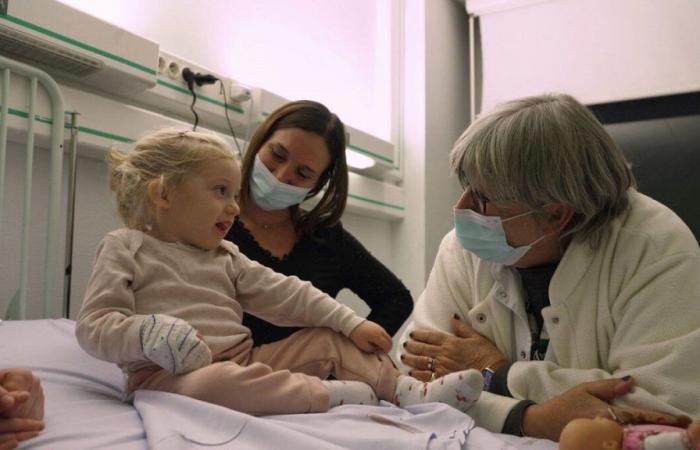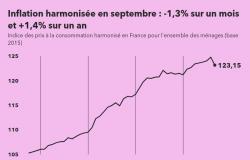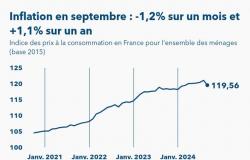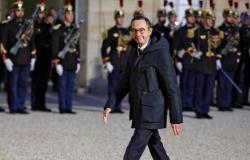
Filmed at night in Marseille, the sixth floor of the Timone hospital, which houses the neuropediatrics unit, appears even more like a place outside the world. In France, there is only one hyper-specialized service of this type per region.
“We welcome children with severe disabilities, sometimes multiple, as well as chronic illnesses including epilepsy, myopathies, or multiple sclerosis. We also deal with acute neurological problems, in particular strokes or accidental trauma”, lists Professor Mathieu Milh, his department head who is seen in the documentary by Églantine Éméyé, “Samy et lesanges de la Timone” , broadcast this Tuesday, October 15 at 10:55 p.m. on France 2.
“Their child is not seen, for once, as a child who is frightening or disturbing”
In this 19-bed service, caregivers do not arrive by chance and often stay for a long time. “What characterizes a neuropediatrics service is that, even if the child has a very serious handicap, this should not prevent us from trying to establish strong communication with him at all times,” describes the professor. This is something that is particularly close to our hearts in our unit and is a skill that is acquired over time without us necessarily realizing it. I am always very touched when parents tell us that, at home, their child is not seen, for once, as a child who is frightening or disturbing. »
Children who are particularly vulnerable and sometimes on the edge of life. In little Riheb’s room, Professor Milh addresses her parents, choosing his words with infinite gentleness and absolute empathy. “She is showing signs, she is telling us that she is really exhausted,” describes the pediatrician to prepare them for the end.
The announcement is made by the doctor but it is prepared collectively. “We meet once or twice a day as a team to talk about each child, their situation, their family in order to have a sufficient level of certainty about what we are going to tell them and how,” explains the doctor.





